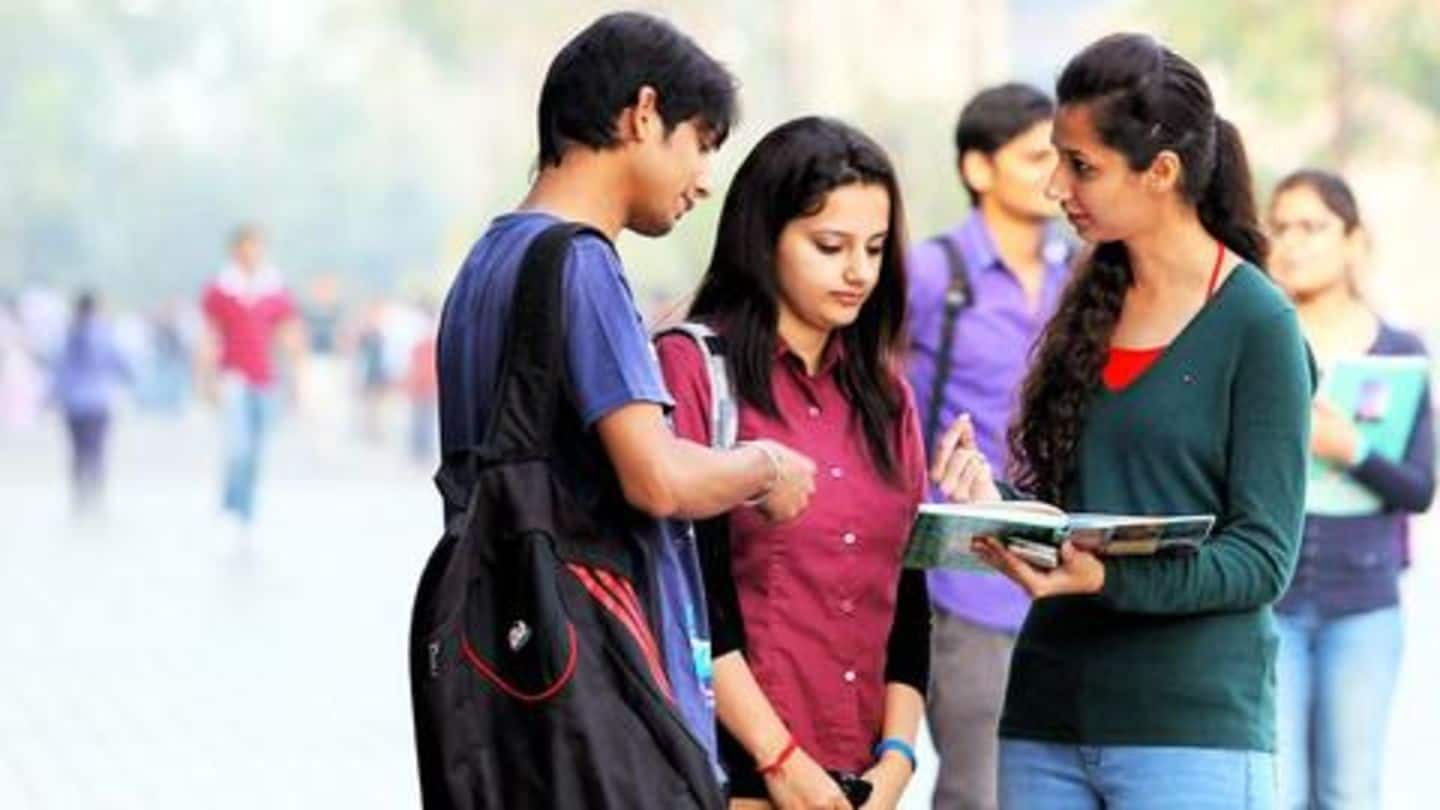
#CareerBytes: Tips, hacks to increase chances of qualifying UPSC Prelims
What's the story
The UPSC Civil Services Examination (CSE), also known as the IAS exam, is one of the toughest exams. It is conducted in three stages: Preliminary examination, Main examination, and Personality Test. The Preliminary exam is the most competitive stage and without qualifying the Prelims, candidates cannot appear for Mains and the Interview. Here are some tips, hacks that could help in clearing Prelims.
Tips #1
For clearing Prelims, know the syllabus, weightage; avoid unnecessary topics
Before starting the preparation for Prelims, aspirants should know what topics are given in the UPSC syllabus. This will help them cover the entire syllabus and avoid unnecessary topics and subjects that are not in the syllabus, giving them more time to study/revise other topics. They should prioritize topics as per the weightage and latest questioning trends rather than studying or revising them blindly.
Tips #2
Have a solid preparation strategy; avoid consulting too many books
The UPSC syllabus is huge and covers a number of concepts/topics. Aspirants must have a proper plan and strategy to cover them. While candidates are required to have an idea about all the topics, they should avoid studying too much in depth for Prelims. They should avoid reading too many books, especially advanced ones, as they might lead to confusion and consume unnecessary time.
Information
Do not waste time on anything irrelevant for Prelims exam
Candidates must avoid reading anything that is irrelevant from the Prelims perspective to avoid wasting time. These include irrelevant books (especially fiction), random study material and other Prelims preparatory material, and irrelevant newspapers/magazines and news topics.
Hacks #1
Use common sense, apply your knowledge to eliminate wrong options
While proper preparation is required to crack CSE Prelims, there are a few hacks that could help candidates in performing better in the objective-type exam. Candidates should utilize their common sense to answer whenever they are stuck on any question they don't know. They should thoroughly read the question and options with an open mind and use their common sense to eliminate wrong options.
Hacks #2
Think smart, try to identify the right answer
While answering the questions, candidates should try to understand the examiner's psychology and what the examiner must have thought while preparing the paper. Designing or inventing wrong statements/options to make the paper tricky is not easy. So, candidates can outguess the examiner if they think smart and apply their knowledge to eliminate options. However, they should remember that wrong answers will attract negative marks.